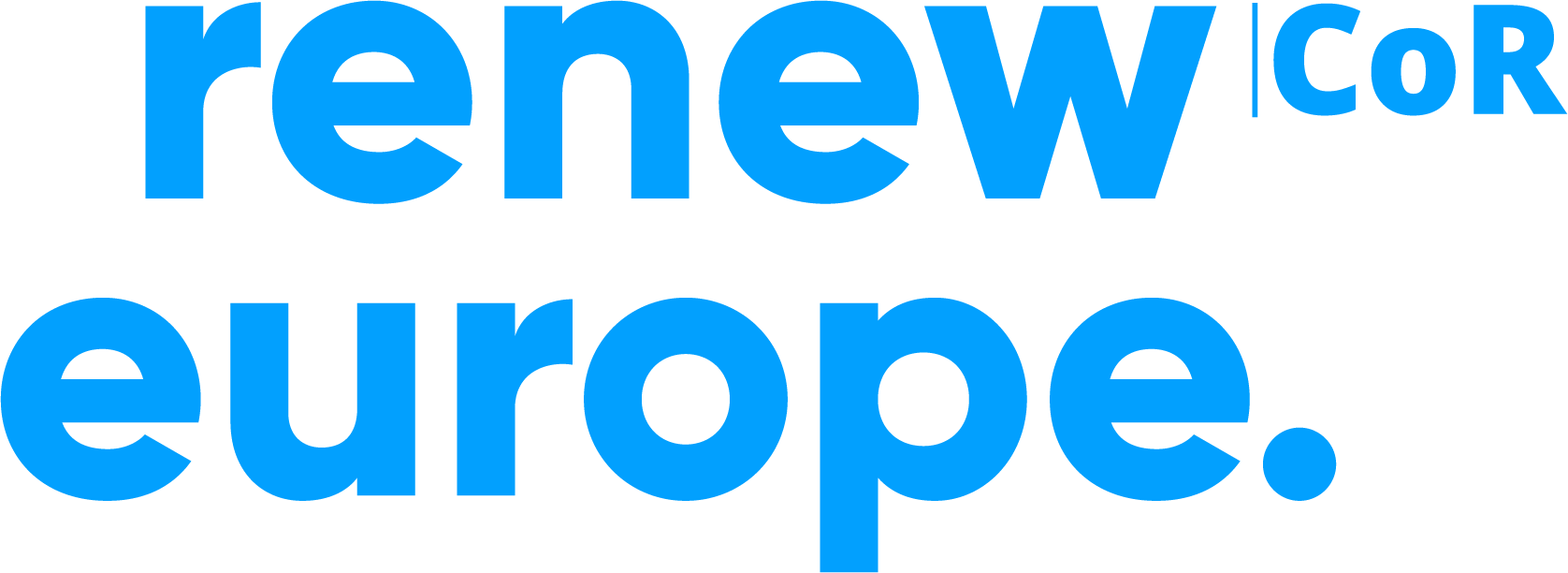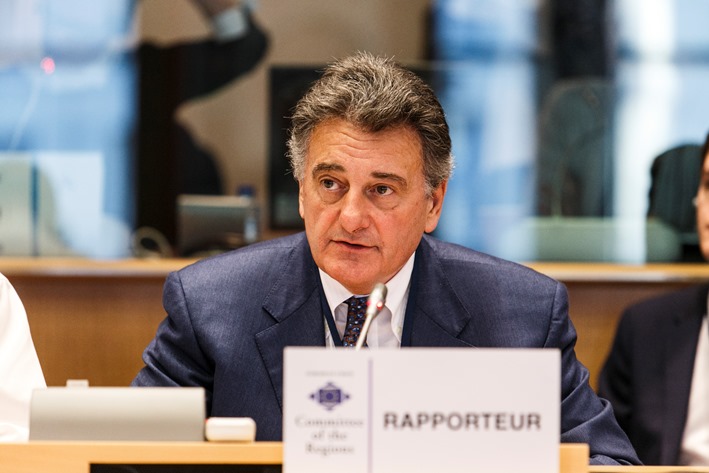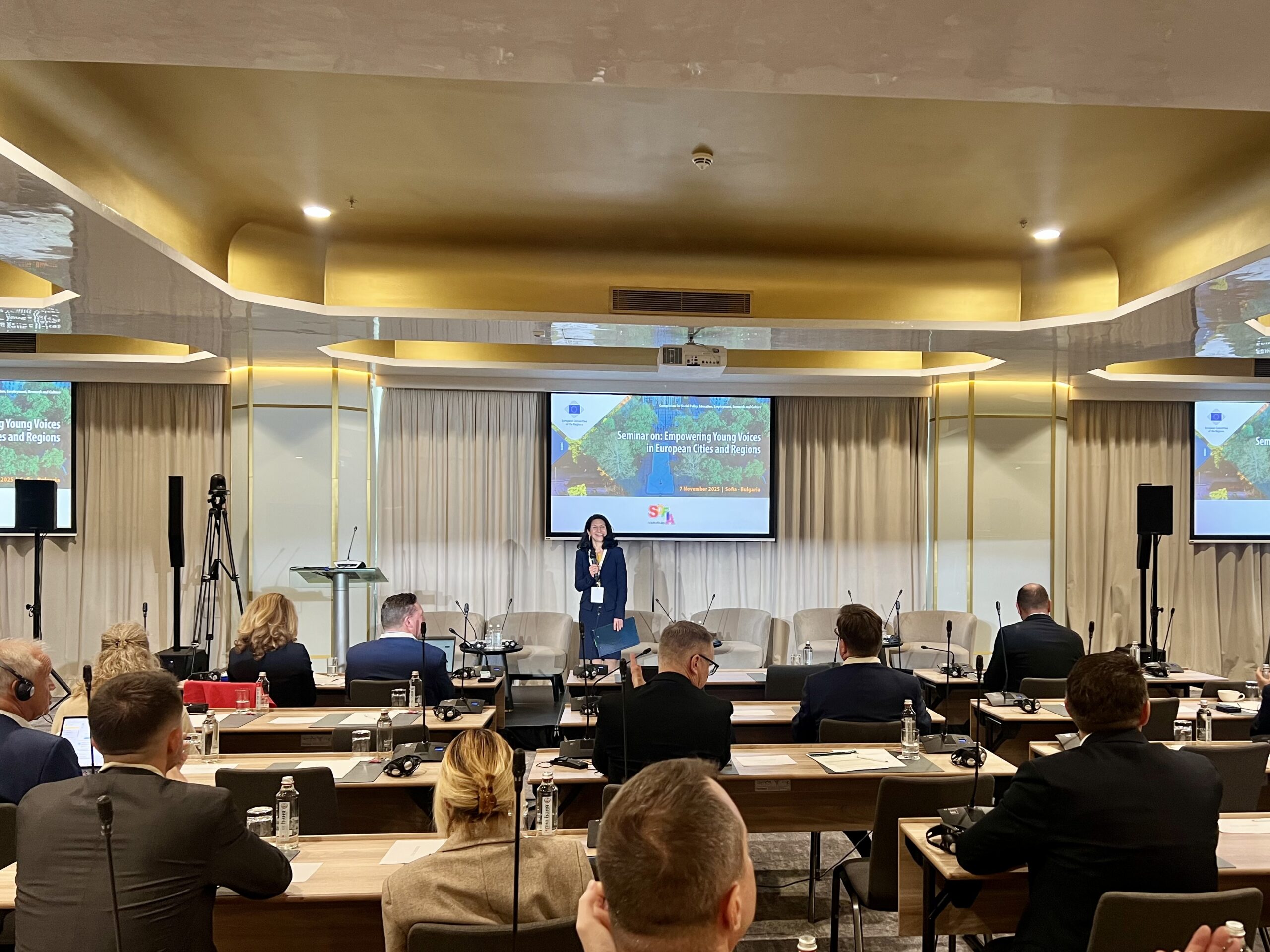“If we address the obstacles to cross-border trade and investment in services, we increase competition with more choice and better prices for customers while adding up to 1.7% to the GDP of the EU” says Jean-Luc Vanraes (BE/ALDE)”
EU integration in services remains low in comparison with that of the goods sector, even though it is a major component of the European economy accounting for an impressive 70% of both GDP and jobs. The services sector is unfortunately characterized by slow productivity growth and weak competition which explains a poor performance. If we address the obstacles of cross-border trade and investment, we increase the competition with more choice and better price for the benefit of customers while at the same time adding up to 1.7% to the GDP of the EU

E-service card
In response to the obstacles service businesses face, the European Commission launched a series of initiatives (European service e-card, notification procedure and a proportionality test) in January 2017 to make it easier for companies to provide services to people across the EU. While believing in their contribution to creating a real Single Market in services the rapporteur is concerned about the imposed additional administrative burdens on regional and local authorities and the potential interference in national legislative procedures as voiced by several national and regional parliaments.
Nevertheless Vanraes welcomes the European services e-card as a helpful contribution to promoting the mobility of services and reducing administrative complexity and costs for cross-border service providers.
This will be particularly helpful for SMEs, which are the backbone of regional and local economies and are the most impacted by administrative complexity when operating across borders. However, he regrets that potential benefits of the services e-card remain unclear and insists they must be thoroughly explained by the European Commission.Download the draft report





